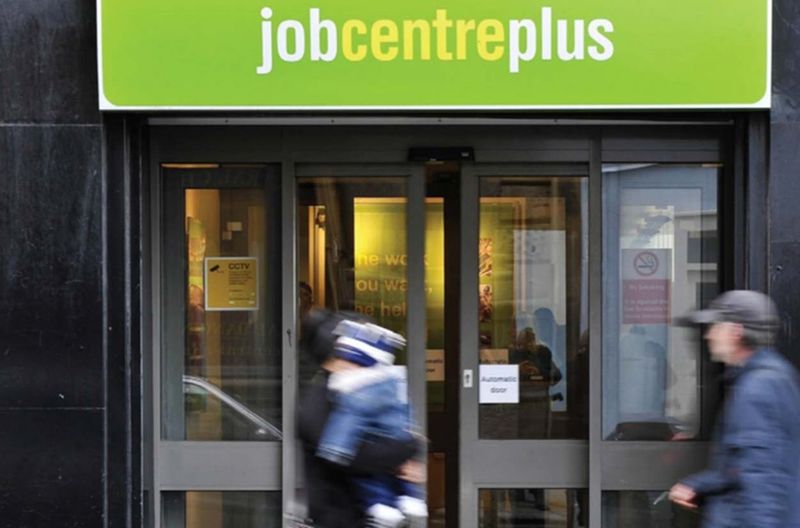The government is stuck between a rock and a hard place, according to a new report released today (they didn't quite use those words but that's basically what it said).
What it means: Universal credit is a reform to the benefit system which combined six major working-age benefits into one - job seeker's allowance, child tax credits, working tax credit, housing benefit, income support, support allowance.
The hope was that it'd make the system more efficient and do a better job at getting people back into work.
The National Audit Office, an independent body who check up on how government policies are doing, released a report today that sounded pretty sceptical about it all.
After £2bn investment and 8 years of development, only 850,000 people are even on the system so far – and they've had a lot of issues with it, from payments coming in 42 days in arrears (this has now been changed to 35) to seasonal workers being unable to meet the monthly working requirements to qualify for tax credits.
The crux of the critique is that the way the system is set up isn't designed with the needs and lifestyles of recipients in mind – it's modelled on assumptions, not lived experience.
The thing is, it cost so much to get this far that it's as much of a financial risk to stop the programme as it is to carry on, the report says.




